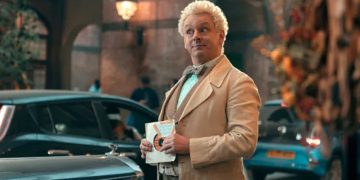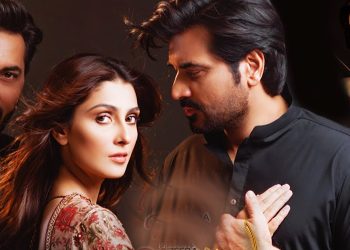A legal battle between a retired American football player Michael Ohe and the family who helped raise him has reawakened the debate about the 2009 sports drama film that dramatised their story.
The movie that led to Sandra Bullock winning a Best Actress Oscar for her role in the movie has stirred quite a controversy recently.
What is the movie about?
The movie is a dramatized adaptation of author Michael Lewis’ 2006 book ‘The Blind Side: Evolution of a Game.’ The book chronicled Oher’s life as he rose to become a football star while playing college football at the University of Mississippi.
Is the movie worth watching?
The movie’s portrayal of the “white savior” trope raises questions about perpetuating stereotypes. While some recommend viewing it critically for educational insights, others emphasize its enduring message of hope.
The Blind Side is that rare formulaic flick that actually works. Issues of race and racism are not left on the side.
Read more: Seema Haider turns down movie offer in India
Legal case
In August 2023, Oher filed a lawsuit alleging that Leigh Ann and Sean Tuohy never actually adopted him, but instead created a conservatorship that gave them legal authority to make business deals in his name.
He alleged that the Tuohys used their power as conservators to strike a deal that paid them and their two children millions of dollars in royalties from The Blind Side movie while Oher received nothing. SJ Tuohy, the biological son of the Tuohy family, claims to have received “$60 – $70 grand over the course of the last four or five years.
Controversy
Oher alleges that the Tuohy family profited from the movie’s success, whereas he received no compensation for a story integral to the film’s narrative.
The Tuohys, however, refute the claims, asserting that they divided the profits equally among family members, including Oher. Even way before the lawsuit, many expressed dissatisfaction with how the movie depicted Ohe’s character.
In his 2011 memoir, “I Beat the Odds: From Homelessness to ‘The Blind Side,’ and Beyond,” Oher stated that he felt the film portrayed him as “dumb” rather than as an individual who thrived after receiving consistent academic guidance.
































